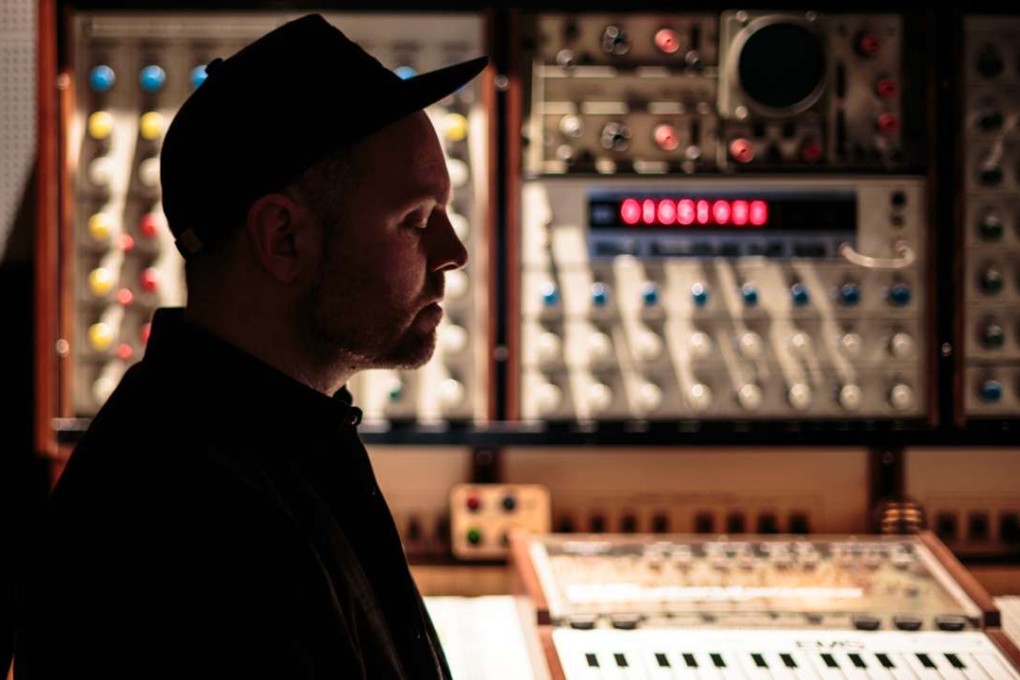Sónar Hong Kong headliner DJ Shadow predicts the future of music and the continuing rise of the machines
How artificial-intelligence-driven, programmable non-human DJs will one day rule music, according to the Hong Kong bound DJ, producer and pioneer

Josh Davis may be one of the biggest beneficiaries of technology’s transformation of modern dance music into a global behemoth, but the artist better known as DJ Shadow is counting the days before the same computer advances make him redundant.
According to Davis, who will be headlining the debut Sónar Hong Kong festival on April 1, the future belongs to artificial intelligence-driven, programmable non-human DJs, creating algorithmic music and reading crowds through machine learning.
“I’m not much of a futurist and I’m terrible at predicting what’s going to happen tomorrow, let alone 20 years from now, but it certainly seems as though we’re steered in that direction,” says the influential DJ and producer who helped pioneer the melding of hip-hop, jazz and funk into an urgent, beats-heavy groove that dominated dance in the 1990s.
“It seems as though, more than ever, humanity is willing to say ‘Yes, I will happily forsake every tradition, every instinct, every emotional desire for the sake of my tech’.”
Fans of the Silicon Valley-based star may see a grim inevitability in his predictions when he arrives for Sónar: the city’s inaugural edition of the legendary Barcelona festival has a parallel programme called Sónar+D that will see software companies, artists and workshops celebrate technology in music.